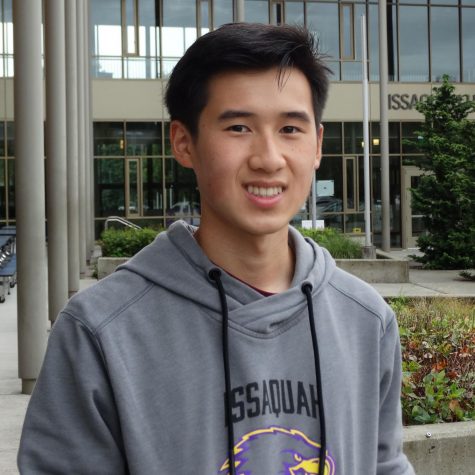Tutoring Centers and Students of Today
November 24, 2021
In today’s fast-paced academic world, the goal seems to be nothing less than perfection. Even as early as elementary school, a bad score on a project or underachievement on the dreaded standardized tests could mean an academic intervention of many kinds.
Some students report being sent to a tutoring center as early as five years old, just beginning kindergarten. Freshm
Though many people report an improvement in their grades while attending a tutoring center, there is an ever-present concern about academic overexertion that many tutoring centers promote, especially to young, school-age kids. Senior Arjun Gupta says, “My worst memories were definitely the times being in there for three and a half hours, maybe four and a half hours, trying to figure out something you just couldn’t figure out. Like long division. I remember just having no idea what I was doing.” Oftentimes, the academic success caused by tutoring and tutoring establishments works as a mask to the unhealthy overworking it actually takes to achieve amazing grades. The demand for amazing grades is fueled by a number of reasons, but most prominently, the goal of getting into a desirable university. Eight out of 10 IHS students say that their main motivation for getting good grades is to be accepted into a good college.
Many tutoring centers have also been criticized for a lack of adaptability to each student. Gupta, who worked at Mathnasium, also reports an unwillingness by the company to be flexible for students with different needs. Gupta says, “For example, for a kid who had a learning disability and was not understanding a concept just by explaining, if I wanted to use a visual representation, it was looked down upon because that’s not in the curriculum. Very standardized.” Additionally, recognition of different learning styles is important in any academic institution. Freshman Shrish Potla, who says he is mostly a visual learner, explains that the tutoring center he attended only somewhat catered to his learning style: “Because they just gave you a paper [to work on]. Because yes, I’m visual, but I’d still like to have some kind of help from the side, like maybe audio.” An article from Maths Insider reviewing Kumon says that “there are tales on message boards of students being driven to tears because instructors refused to explain work to them.”
It would not be an article about American education unless we mentioned the significant academic inequity occurring between students whose families can even afford to attend a tutoring center or tutoring and those who cannot. Sophomore Aiden Giroux
Despite the many pros and cons of tutoring, the prevalence of the tutoring industry in our society today begs one question: is the public school system to blame? Some students believe that if the public school system was doing all it could to help every student, tutoring would not be necessary. Sophomore Autumn Estes says, “It’s so crazy that you already attend a public school and put in so much time and dedication, for like, hours a day, but now if you’re really struggling on a concept, you have to pay money out of your pocket to gain something that the public school system isn’t giving you right now. So definitely, something is going wrong there.” On the other hand, junior Ethan Blazer says, “I would say that the public school doesn’t help every student but I don’t think tutoring centers act as proof of that. Because, you can always get more help outside of school. It could be working for you just fine, but you just want more. That’s why my parents put me in. School was allowing me to learn math, but I could have been learning it more or at a higher level anyway.” Some see tutoring as a way to advance, while others see it as a way to improve your grade if you’re behind. Almost always, it comes down to personal experience. Senior Brooke Bullock says, “I feel like it is kind of unfair. But I feel like most schools do have free tutoring centers, but the ones that you do have to pay for I feel like is kind of unfair because they probably get more special treatment. There definitely are some negatives.”
The industry of tutoring has a unique relationship to students. Many students dislike it, but have no choice but to attend for the sake of their grades. Other students find that neither their school nor a tutoring center can effectively adapt to their learning needs. Many students do not have the financial resources to enroll in one in the first place. However, in the competitive, often rigged world of college admissions, standardized testing, and academic opportunities, it is likely that our dependence on ways to constantly improve academically will never disappear.




